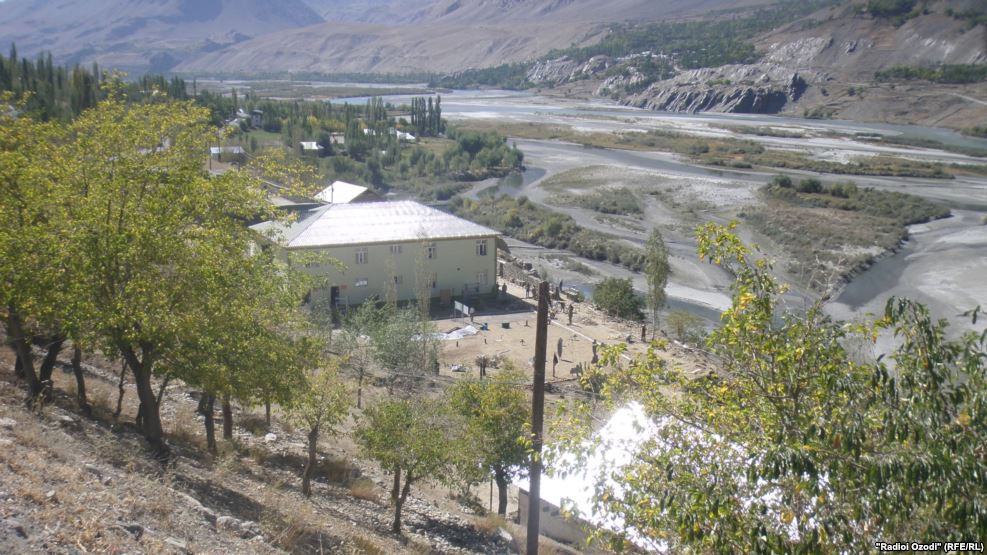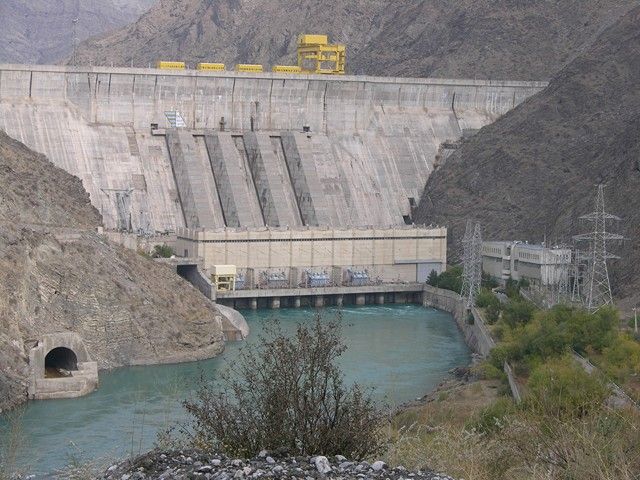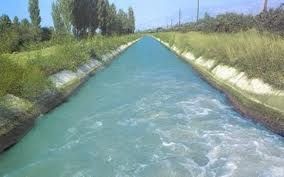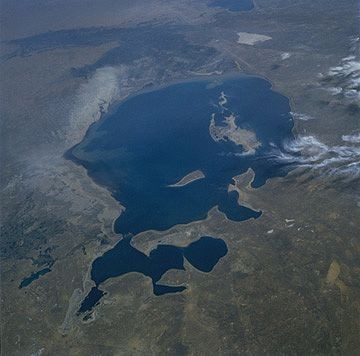Viewing results 1 - 6 of 35
DUSHANBE (TCA) — The Asian Development Bank (ADB) has approved a $30 million financial assistance including a $5 million grant and technical assistance from the Japan Fund for Poverty Reduction (JFPR) to boost agriculture production and food security by improving water resource management of the Pyanj River Basin in Tajikistan, ADB’s country office in Dushanbe said. Continue reading
OSH, Kyrgyzstan (TCA) — Michael Tatham, Director for Eastern Europe and Central Asia at the UK Foreign and Commonwealth Office (FCO), and Robin Ord-Smith, British Ambassador to the Kyrgyz Republic, on August 20 visited the Osh province in southern Kyrgyzstan to meet with Ahmadjan Mahammadov, Deputy Governor of Osh Oblast. The delegation also met with international organizations and visited AKF/MSDSP KG project sites in Aravan district, the British Embassy to the Kyrgyz Republic said. Continue reading
BISHKEK (TCA) — Kyrgyzstan and Tajikistan are the countries where water resources of Central Asia are formed, and they have great hydro power potential. However, there are many problems in the energy sectors of these countries. Continue reading
ASTANA (TCA) — Irrigation systems in four regions of Kazakhstan will be reconstructed through loans from international financial institutions, Novosti-Kazakhstan reported with reference to National Economy Minister Kuandyk Bishimbayev. Continue reading
KABUL (TCA) — Afghanistan’s President Ashraf Ghani and Indian Prime Minister Narendra Modi on June 4 inaugurated the Afghan-India Friendship Dam in Afghanistan’s western Herat province. Continue reading
BISHKEK (TCA) — All said, nothing done. Yes – the Aral Sea must be restored; no – not at our expense. This was roughly the goodbye message Kyrgyzstan gave to one of the (many) paper tigers bearing the banner of Aral preservation before slamming the door. Continue reading








